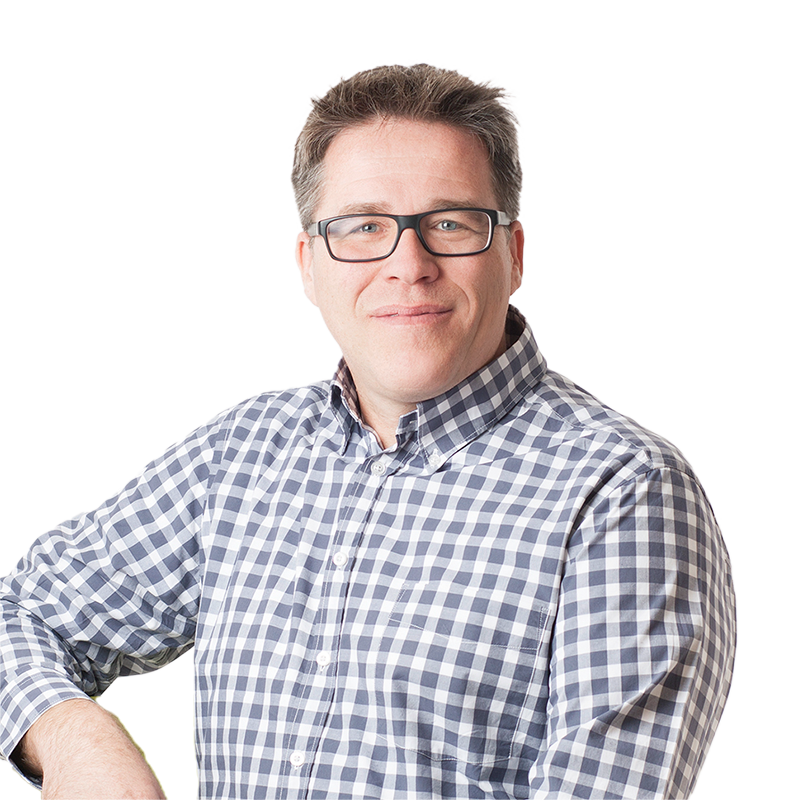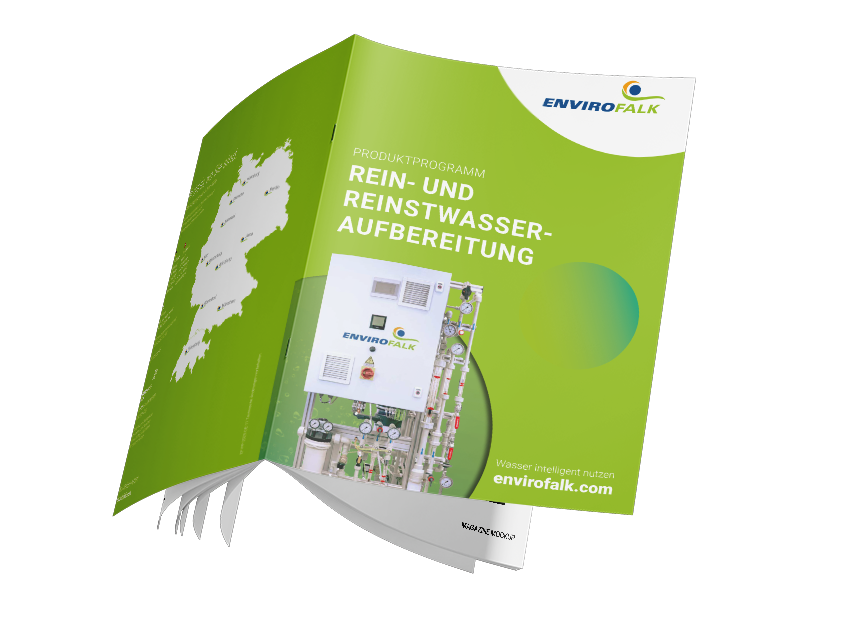Reverse osmosis system
Challenge for the customer
The challenge for the customer was the silicates present in the city water, which were repeatedly carried over into the demineralized sinks. Increased consumption of mixed-bed ion exchangers and stains on the products should be avoided at all costs.
The multi-chamber ultrasonic cleaning system requires treated water. The rinsing baths should be operated with high-purity demineralized water in circulation.
However, problems were caused by the silicates present in the city water, which were repeatedly carried over into the demineralized water sinks. Increased consumption of mixed-bed ion exchangers and stains on the products should be avoided at all costs in future.
The experts at EnviroFALK decided to remove the silicates from the process as early as possible. They switched the operation of the sinks between alkaline cleaning and demineralized water from city water to permeate. An energy-efficient EnviroFALK reverse osmosis system now produces silicate-free rinse water with a conductance of approx. 80 µS/cm. Grohe thus achieves considerable savings in rinsing and waste water, electricity for heating and significantly longer service lives for the mixed-bed ion exchangers with consistently high product quality.
- Silicate-free rinse water with a conductance of approx. 80 µS/cm
- Significant savings on rinsing and waste water
- Significant savings on electricity for heating
- Longer service life of the mixed-bed ion exchangers with consistently high product quality
Grohe is now achieving considerable savings in rinsing and waste water, electricity for heating and significantly longer service lives for the mixed-bed ion exchangers while maintaining consistently high product quality.


